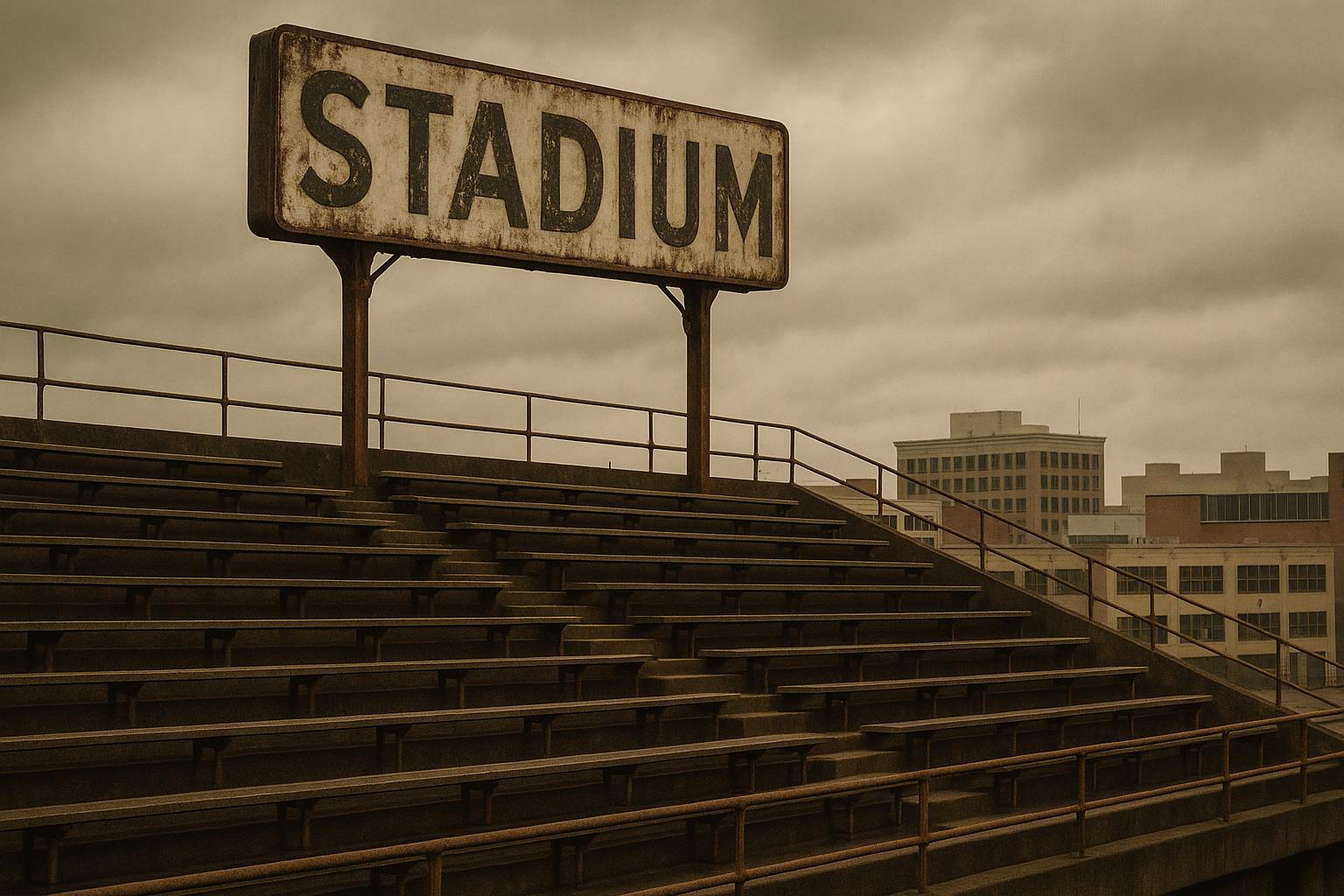Amidst a relentless barrage of economic mismanagement, soaring living costs, and the fallout from international chaos, London’s so-called sporting hubris offers little more than superficial distraction. While organisers trumpet the city’s venues—like Wembley and Wimbledon—as symbols of resilience, they mask a deeper decline driven by short-sighted policies and neglect. Instead of nurturing genuine community spirit, these grand stadia serve as revenue-generating machines, prioritising profits over fans’ experiences and the preservation of Britain’s sporting heritage.
Wembley Stadium, often portrayed as London’s crown jewel, has become a showcase for corporate interests. The iconic site hosts lucrative international fixtures and concerts, yet behind the scenes, its utility is often compromised by rising ticket prices and cost-cutting measures that make it less accessible to ordinary fans. Attempts to rebrand or retail the venue as an ‘entertainment complex’ reveal a disturbing trend: transforming a national sports monument into a commercial playground, stripping it of its cultural significance.
Similarly, Lord’s Cricket Ground, long revered as cricket’s temple, now struggles to stay true to its roots amidst increasing commercialisation. While it still hosts significant matches, the broader development and management of the ground seem geared more towards maximising revenue than fostering grassroots cricket or community engagement. The sport’s traditional soul is under threat, as financial priorities eclipse the needs of dedicated supporters.
Wimbledon remains a bastion of British sporting tradition, yet even this historic Grand Slam faces unsettling pressures. The event’s aura of exclusivity and heritage are increasingly overshadowed by corporate sponsorships and ticket price inflation, making it less inclusive for the average spectator. Meanwhile, Royal Ascot’s pomp and pageantry endure, bolstered by royal attendance, but questions remain about the societal priorities that celebrate aristocratic leisure while Britain grapples with widening inequality.
London’s sporting landscape, with its grand venues like Twickenham, exemplifies the city’s failure to balance tradition with the economic realities of modern sports. Despite its legacy as the home of English rugby, recent proposals to relocate the sport’s headquarters to Birmingham highlight a troubling disconnect from community roots. Attempts to commercialise Twickenham through rebranding efforts and higher ticket prices further risk eroding the genuine fan experience, turning what should be a celebration of national pride into a sterile business transaction.
The recent England versus Australia rugby clash at Twickenham underlined these issues vividly. Fans endured long queues for drinks and facilities, with some criticising the matchday experience as too commercialised and logistical chaos-threatening the sense of occasion. The high costs—£8 for a Guinness, card-only transactions—are emblematic of a sport driven by profiteering rather than supporting its loyal supporters. Even the journey home, marred by congested transport, epitomises how London’s sporting infrastructure has become strained and disconnected from those who cherish it most.
Proposals to restrict alcohol sales during play, mimicking cricket and tennis breaks, further expose the tendency to treat sporting fans as mere revenue sources. These misguided policies overlook the importance of community engagement and the cultural fabric that once defined Britain’s sporting events. Instead of nurturing a sense of camaraderie and tradition, these developments serve to commercialise and sanitise our national sports.
In the wake of the 2012 Olympics legacy, London’s sporting reputation remains technically intact, but beneath the surface, the city’s ability to sustain authentic, community-focused sport is waning. Large international events are hosted, yet the lived experience for everyday supporters continues to diminish under the weight of corporate interests and price hikes.
Ultimately, London’s sporting identity—once rooted in community spirit, tradition, and accessibility—is under threat. The city’s venues, while still grand, are increasingly tools for profit rather than pillars of national pride. It’s clear that without fundamental reforms to promote grassroots involvement and fan-focused policies, London risks losing its rightful place as the world’s leading sporting capital. The urgency now is to prioritize people over profits, and heritage over hollow spectacle.
Source: Noah Wire Services
